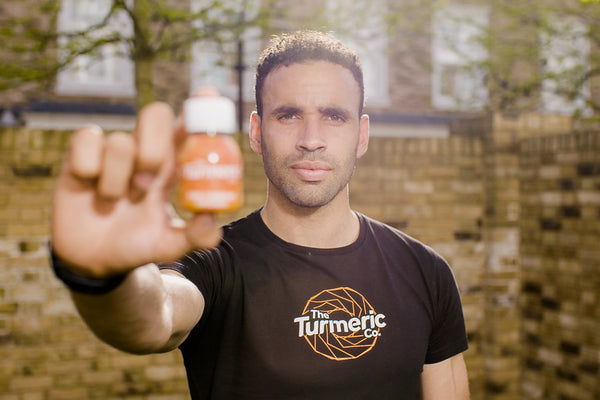The average human spends 36% of their life unconscious. Asleep, that is! But while we dedicate so much time to it, most of us don’t really understand what goes on when we’re deep in sleep.
A good understanding of how sleep works is key to getting more of it and making the most of its rehabilitating qualities. In this article, we’re going to walk you through what really goes on when you hit the hay. Read on to find out more.
The crucial sleep-wake cycle
The overall quality of your sleep is dependent on two main phases of the sleep cycle. They are:
Slow-wave sleep
During slow-wave sleep, your body relaxes, breathing slows and your mind becomes less sensitive to external stimuli. This is the stage of sleep where growth hormones are secreted from your pituitary gland helping your body get to work repairing cells and muscles.
If you exercise heavily, a good amount of slow-wave sleep will be the difference between you waking up feeling fresh, or sore.
REM (Rapid Eye Movement) sleep
REM sleep is similar to slow-wave sleep, but more of your bodily functions are focussed on the mind rather than the body. If you were to track your brain on a sleep computer, REM is where it’d go into overdrive.
During REM, your brain catalogues thoughts and memories and clears information from the last 24 hours that it thinks you don’t need. Whilse this is happening, you’ll start to dream.
REM sleep doesn’t happen in one go. Typically, your brain will dip in and out of it 3-5 times a night. In fact, sleep is like a staircase, with each step working through a different stage.
If you wake up, it’s equivalent to falling down that staircase – you have to start again from the bottom. So, if you’re waking up a lot during the night, your brain isn’t getting enough restorative sleep – often causing aches or brain fog the following day.
Can you “catch up” on sleep?
Yes and no. If you’re on the Monday-Friday grind and are only catching 5-6 hours of quality shut-eye each night, you can try and make up for it on weekends.
Research shows that you can reset bodily inflammation to normal levels by oversleeping at weekends. However, cognitive function won’t bounce back. Essentially, the only way to get your brain firing on all cylinders during the day is to set a consistently solid sleep routine.

The Hal Robson-Kanu Guide To Fitness & Nutrition
Gain exclusive insight into habits that will make every day a healthy and fulfilling one.













